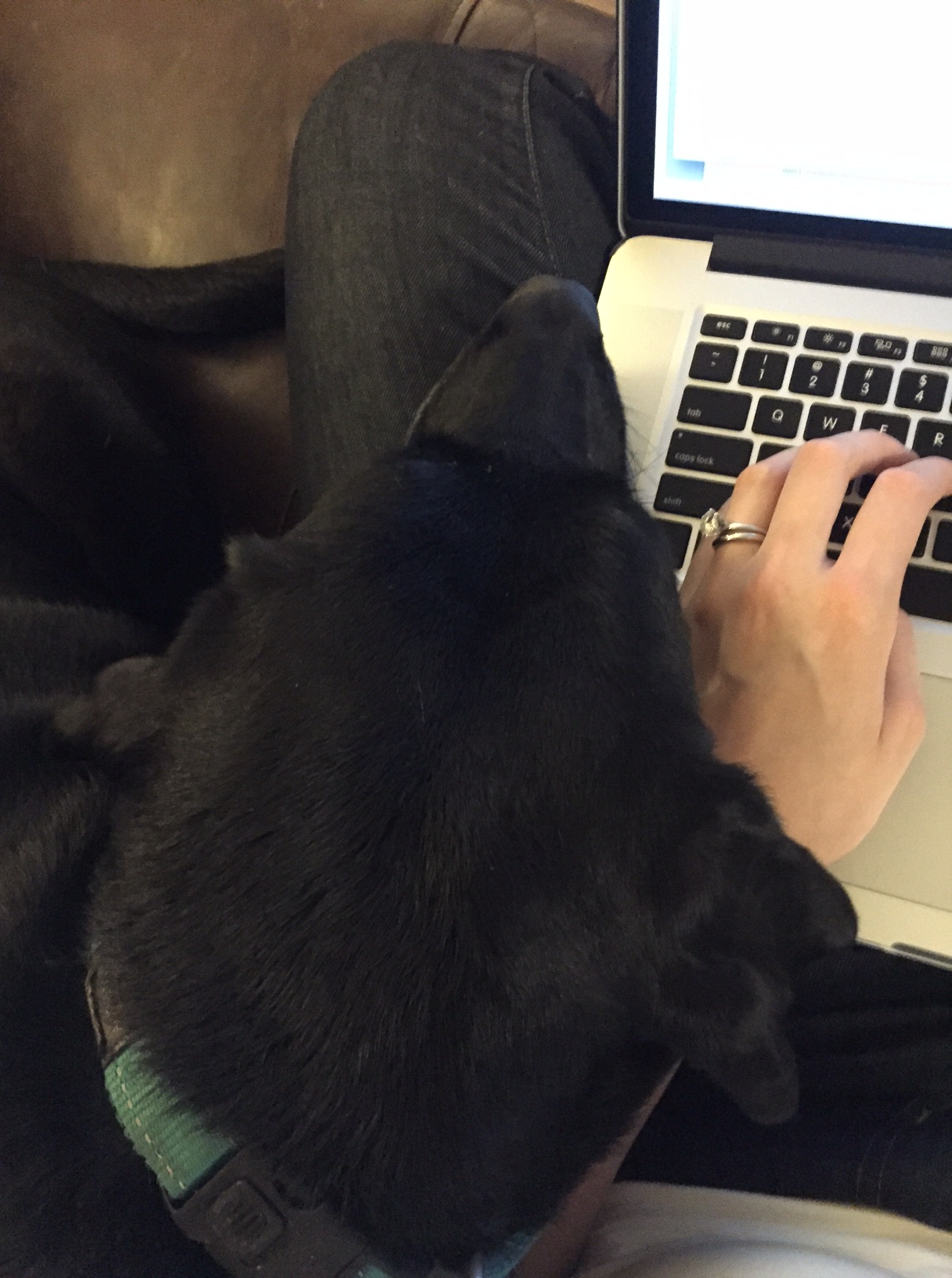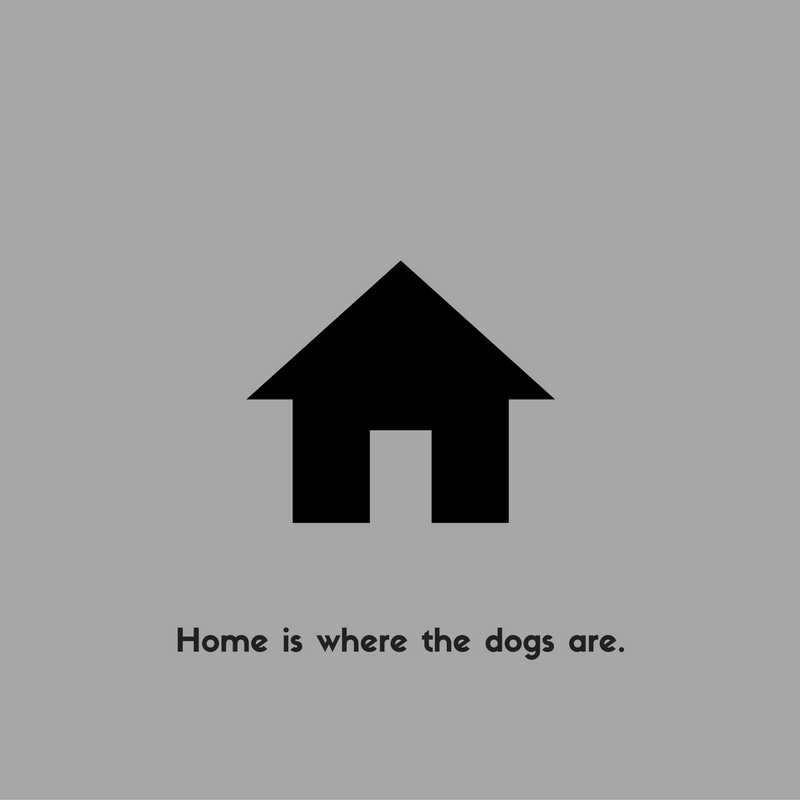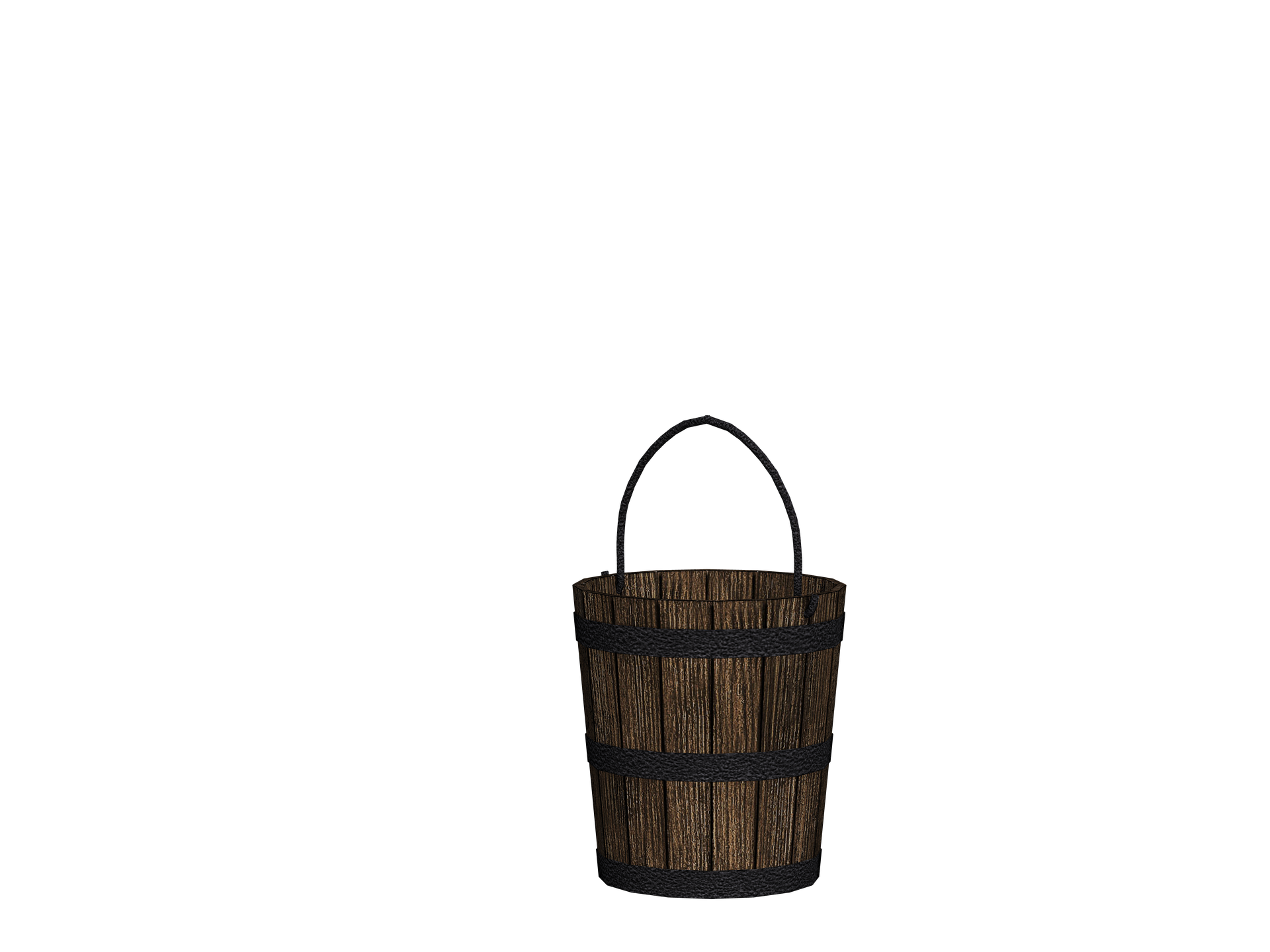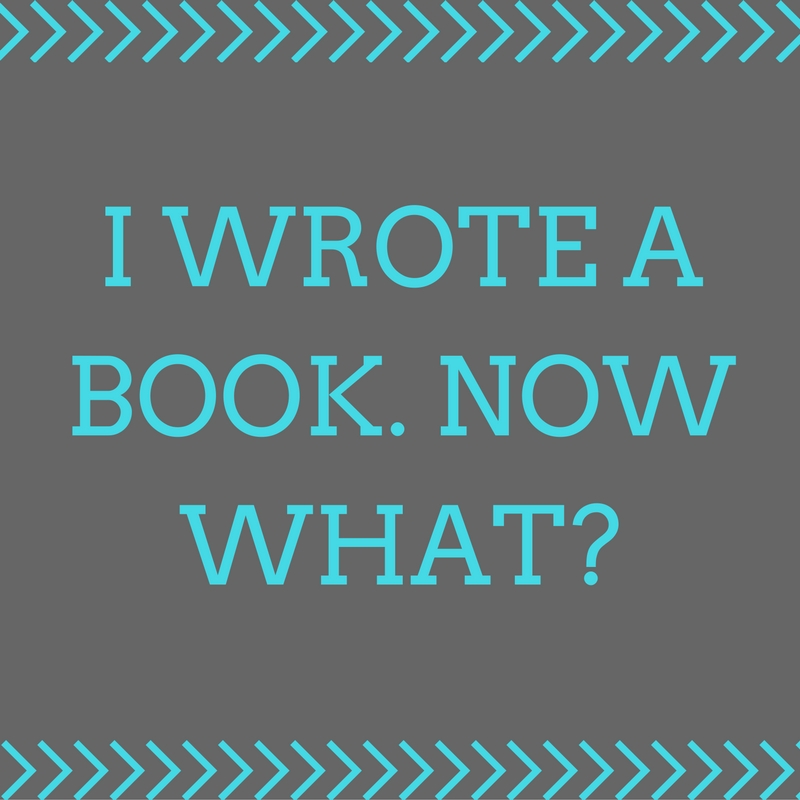 Carla Jean Whitley is one of the main reasons I call myself a writer. In the four years I've known her, she's been my mentor, friend, confidant and travel companion. While I was interning at Birmingham magazine, she taught me how to approach AP Style (hint: it's not sneakily or from the side) and ways to make sure my articles didn't suck.
She's also the author of "Muscle Shoals Sound Studio: How the Swampers Changed American Music," the managing editor of Birmingham magazine and a prolific freelance writer. During the past year, she finished her yoga teacher training and has kept up a regular practice. And yet she still took the time to answer all of my questions on writing.
Carla Jean Whitley is one of the main reasons I call myself a writer. In the four years I've known her, she's been my mentor, friend, confidant and travel companion. While I was interning at Birmingham magazine, she taught me how to approach AP Style (hint: it's not sneakily or from the side) and ways to make sure my articles didn't suck.
She's also the author of "Muscle Shoals Sound Studio: How the Swampers Changed American Music," the managing editor of Birmingham magazine and a prolific freelance writer. During the past year, she finished her yoga teacher training and has kept up a regular practice. And yet she still took the time to answer all of my questions on writing.
Clair McLafferty: Why did you start writing when you were young?
Carla Jean Whitley: I can no longer recall a time when I didn't write. I suspect my interest was tied to school; I was always a good student, and writing came easily to me. Couple that with positive reinforcement from my teachers and parents, and it's no wonder I kept at it.
However, I also think that interest is intertwined with my love of reading. I've read myself to sleep nearly every night since I was 4 years old, and I often joke that the perfect job would be getting paid to read whatever I want. (OK, OK. I'm not actually kidding.)
CM: What kept you interested?
CJW: That positive reinforcement went a long way, and probably fueled my interest up through high school. I also discovered at an early age that I'm excited by sharing ideas, whether my own or those of others. Now, more than a decade into my career, I believe even more strongly in the power of storytelling. Some journalists come to the field because they want to change the world. I ended up here because I like writing and fiction didn't come naturally to me. However, I've seen people better understand their communities because of articles I wrote, and that's humbling and exhilarating.
CM: I understand you published your first book earlier this year. What were some of the biggest challenges you faced during that process?
CJW: I've worked in journalism for more than a decade, and so I'm accustomed to reporting and writing (and doing so quickly). I expected writing a book would be similar, albeit stretched over a longer time frame with a much higher word count.
After one or two interviews, though, I realized I needed a different approach. My book, "Muscle Shoals Sound Studio: How the Swampers Changed American Music," focuses primarily on a period from 1969 to the early '80s. The studio's work had already been covered by countless media outlets over the years, and it seemed silly to ask people to not only recount something that happened 45 years earlier, but also to retell stories they've shared over the years.
After that a-ha moment, I regrouped, shifting my focus to historical research and relying on interviews to fill in the gaps. It was a daunting task, but I found myself grateful for my history of journalism professor, who required us to use dozens of primary sources in his class.
CM: What were some of the best parts?
CJW: Easily, the most fun was reading old Rolling Stone album reviews and periodically realizing songs I love had been recorded in my home state. I already knew about a number of them, of course, but I had no idea George Michael had tracked a version of "Careless Whisper" here.
CM: How has it been received?
CJW: The reception has exceeded my expectations! Just this morning--nearly four months after the book's release--I signed 170 copies for a single order. I'm fortunate that so many people are interested in this story, and I think that's a testament to the incredible music recorded there.
CM: How do you balance authorship, your editorial job and freelancing?
CJW: It's a constant struggle. My primary role is managing editor at Birmingham magazine, and I frequently check myself to ensure I'm not neglecting my duties. I'm fortunate to work with supportive people and in a flexible environment, but that could be a recipe for disaster if I weren't vigilant about getting my work done and maintaining the magazine as my No.-1 professional priority.
I primarily write freelance stories and books at night and--when a deadline looms--on weekends. However, I try to be judicious about how I use my time. I often have to decline last-minute invitations to spend time with friends because of assignments, but I try to regularly spend quality time with the people closest to me. Most weekends, I'm hanging out with my boyfriend and putting writing to the side. That makes weeknights spent in front of the computer a bit easier. (Plus, my cats love it. They think writing time is snuggle time!)
When book deadlines draw near, I also cut back on the amount of freelancing I do. I have a couple of regular clients (most notably
BookPage), and I don't like to put those relationships on hold. However, there were a couple of months earlier this year when I didn't accept BookPage assignments because I needed to focus on my manuscript, and my editor and friend, the fabulous Trisha Ping, understood. I frequently pitch other publications, but I try not to overschedule myself. (The key word here is try.)
CM: What's next?
CJW: I've got a second book, a history of beer in Birmingham, scheduled for release in the spring. That, too, will be published by The History Press. After that, who knows? While history is immensely satisfying to research and write, my true love is narrative nonfiction. I'm always brainstorming ways to move in that direction, and perhaps blend the two.
Bonus: Carla Jean's must-have list for writers:
Scratch magazine (I love, love, love this digital-only publication. It works to remove the mystery in the relationship between writers and money, and I've learned
so much as a result. Their "Who Pays Writers?" database is also wonderful.)
Quill (the magazine of the Society of Professional Journalists)
Longform (I am obsessed with their podcast!)
And
Pocket for keeping it all organized.

 Piecing together a new bucket list is one of my biggest goals for the month of November. As I may have mentioned if you've seen me or my social media since September, I wrote a book. It's a cocktail book (surprising, I know), but it's not the book I've wanted to write. I'm still trying to figure out what else I want to do with my life, but that's still to come. Here's what I've got so far:
Piecing together a new bucket list is one of my biggest goals for the month of November. As I may have mentioned if you've seen me or my social media since September, I wrote a book. It's a cocktail book (surprising, I know), but it's not the book I've wanted to write. I'm still trying to figure out what else I want to do with my life, but that's still to come. Here's what I've got so far: As promised on Nov. 1, I'm going to use #bloglikecrazy to get a bit more personal on the Internet. But there's less than two months left in 2016, and it's time to face the music: This year was pretty shitty. There were some high points and a good bit of travel, but a lot of the milestones were negative. As a result, I've spent a lot of time on the couch with Netflix instead of socializing because I couldn't bring myself to leave my blanket burrito.
Though I've nabbed three bylines in new-to-me national publications (and have one more coming), I've been seriously struggling financially with writing. Most online writing pays less than $500 per article, and the hours involved in researching and writing render the hourly rate less than ideal. Include time spent pitching and emailing, and the stats are downright grim. In addition to articles, I almost write copy for one corporate client, but the gig isn't steady.
As promised on Nov. 1, I'm going to use #bloglikecrazy to get a bit more personal on the Internet. But there's less than two months left in 2016, and it's time to face the music: This year was pretty shitty. There were some high points and a good bit of travel, but a lot of the milestones were negative. As a result, I've spent a lot of time on the couch with Netflix instead of socializing because I couldn't bring myself to leave my blanket burrito.
Though I've nabbed three bylines in new-to-me national publications (and have one more coming), I've been seriously struggling financially with writing. Most online writing pays less than $500 per article, and the hours involved in researching and writing render the hourly rate less than ideal. Include time spent pitching and emailing, and the stats are downright grim. In addition to articles, I almost write copy for one corporate client, but the gig isn't steady.
 Y'all, I have a confession: I wrote a book! In seven weeks! It still seem surreal that I was able to write and compile the 50,000 words of Craft & Classic Cocktail Recipe Book in that time. To answer your next few questions, it will be published in December by Rockridge Press, they found me through Google, it'll be available for purchase this December, and it was one of the biggest challenges of my life thus far.
Y'all, I have a confession: I wrote a book! In seven weeks! It still seem surreal that I was able to write and compile the 50,000 words of Craft & Classic Cocktail Recipe Book in that time. To answer your next few questions, it will be published in December by Rockridge Press, they found me through Google, it'll be available for purchase this December, and it was one of the biggest challenges of my life thus far.

